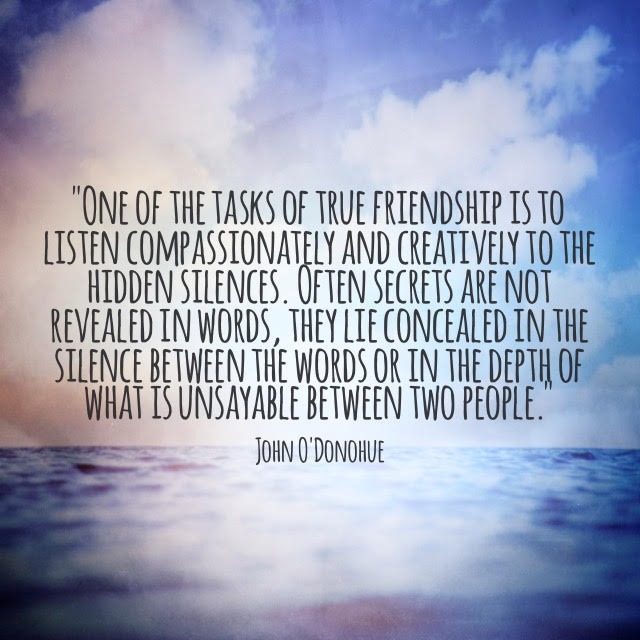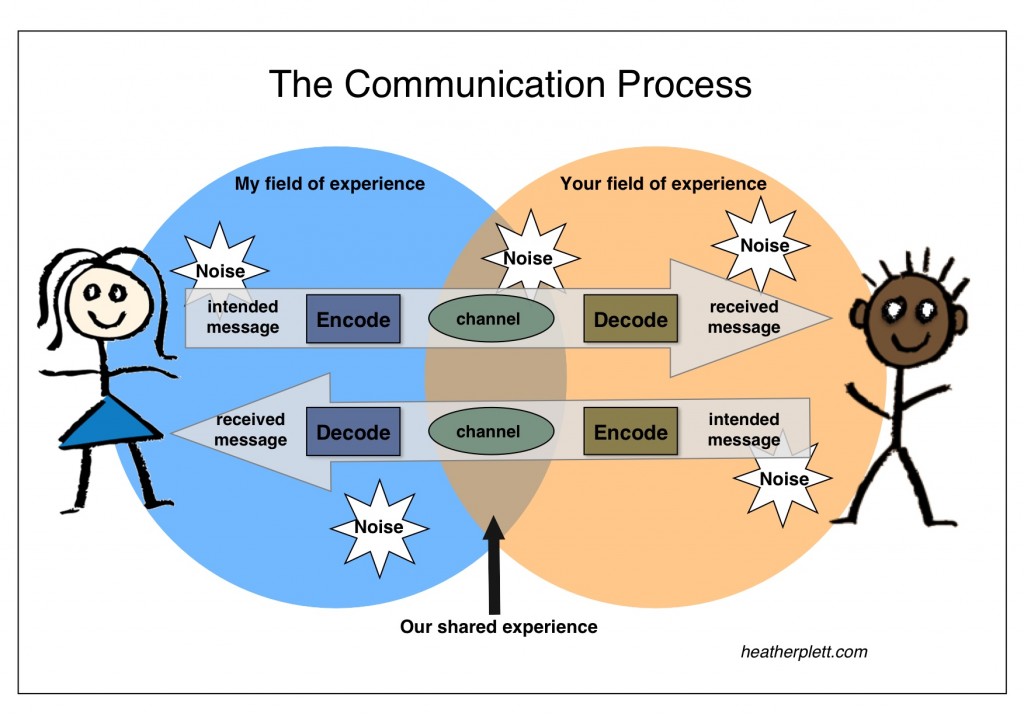
Melancholy: a feeling of pensive sadness, typically with no obvious cause
That sounds about right for my state of mind this past week. I hesitate to call it depression, because it doesn’t feel that heavy, but there is definitely “pensive sadness” going on and it has no obvious cause.
When this familiar sense of melancholy comes at this time of year, I usually chalk it up to the end of winter, when I’m a little more sluggish from not taking as many long walks in the woods and not getting as much sunshine as I need. I get a little imbalanced when I lose my connection to the natural world. I’m pretty sure that it will pass soon (Spring always revives me), but for now, my creativity is low, my resilience isn’t what it normally is, my emotions are a little tender, and I feel disconnected. I stare at blank pages when I should be writing, I crawl into bed earlier than usual, I cry unexpectedly, and I watch too much Netflix.
A couple of things happened last week that were quite minor, but because of my state of mind, I took them more personally than I normally would. Though none of the people involved meant any harm, my tenderness left me feeling a little lonely and a little rejected. There was no true rejection involved (I still feel well loved by them), but in the middle of my fragility, it’s always easier to make up stories that align with how I’m experiencing the world. Feelings of disconnection often lead to greater disconnection.
Not long ago, I was on the other side of that story, inadvertently wounding someone who was going through her own state of tenderness. Unaware of her emotional state, I said something that normally would have been received with ease, but instead carried some wounding.
“At two, you’re at abstraction.” That’s a line from a Sara Groves song (that I think she borrowed from someone else, but I can’t find the source) that points to the impossibility of fully understanding another person’s reality. Another person’s pain, joy, love, trauma, history – they’re all just abstract concepts for us because we have never lived inside of them. We can never really “walk a mile in another person’s shoes”.
Despite our best efforts to be compassionate and understanding, our well-meaning words can land the wrong way and leave a person feeling wounded, lonely, misunderstood, defensive, angry, etc. That’s one of the reasons why, in our efforts to hold space for other people, we need to avoid falling into the trap of taking responsibility for their emotional response to our words or actions. Each of us is a sovereign individual with our own stories, our own interpretations, and our own emotions and when we take too much responsibility for another person, we diminish their sovereignty.
At a workshop a few weeks ago, Dr. Gabor Maté talked about how trauma can shape a person’s world and change the way they respond to stimuli. When a person grew up with trauma (either in the form of a traumatic event, or as a result of being raised by caregivers with unresolved trauma) their fight/flight/freeze instincts are heightened and they are inclined to over-react to stimuli that brings them back to their traumatic memories. Unresolved trauma, he said, makes it impossible for us to be in the present moment. “When we’re triggered, the emotions that show up are those of the abandoned child. We don’t react to what happened – we react to our interpretation of what happened based in our traumatic memory.”
Even compassionate people can inadvertently trigger someone’s trauma. Think about the last time you said something to another person that you thought was fairly innocuous and they reacted with defensiveness or anger that seemed out of proportion for the moment. There’s a good chance that there was something in what you said that triggered an old wound that they may not even know they still have. In that instant, that person was not the mature adult you thought you were talking to – they were a scared child relying on an instinctual response for their own protection. While they may need your empathy in that moment, and you might make a mental note to adjust your behaviour in the future to avoid triggering them further, you can’t take their autonomy away by trying to fix their problem for them.
When I used to teach a university-level course in communication, I would always start with the following diagram to help my students understand that, in every communication, there are complexities and potential pitfalls that we can’t fully anticipate or mitigate.

(Note: this is my version of a popular model used in communication training, but I don’t know the original source.)
Each of us lives within a unique field of experience that may overlap with other people’s experience, but is never exactly the same. When I want to communicate with you, my intended message is shaped and encoded by my field of experience, which includes factors such as my gender, race, culture, disabilities, lived experiences, language ability, emotional state, etc.
I choose the channel of communication to best offer the message (ie. will I make a phone call, wait until I can talk to you in person, or send an email?). If I am compassionate, I will consider your field of experience when choosing the channel (ie. if you are hearing impaired, a phone call might not be the best method), but I’m limited in how much I can understand your reality so I may make mistakes. On top of that, no matter how carefully I encode the message and how intentional I am about the channel of communication, there is always unexpected noise that can disrupt or distract us at any moment in the process (ie. a child needing attention in the middle of a personal phone call, a disturbing story on the news, a misunderstanding, etc.).
The message crosses over to you and is, in turn, shaped and decoded by your own field of experience and your current circumstance. As I mentioned above, for example, you might be going through a period of tenderness that I had no way of knowing about when I initiated the communication. Even the most well-intentioned communication can go astray, and by the time you’ve decoded it, it may have a very different shape than what I intended. Much of our encoding and decoding processes happen in mere seconds during the course of a conversation, so we aren’t aware of all of what has shaped and reshaped what’s passed between us.
If you choose to engage in two-way communication, you send your own message across the reverse path, back through our fields of experience, risking similar misinterpretation, triggering, etc.
Given the potential complexity of even the simplest conversation, and given the fact that only a small portion of the process is within our control or within our conscious understanding, what can we do to improve the process? How can we be better communicators who wound others less often and receive fewer messages as wounds?
When you are the sender of the message:
• Pay attention to how your message is being shaped by your field of experience.
• Be humble, recognizing the limitation of your understanding of the other person’s field of experience.
• Especially where the differences are vast and there may be power imbalances, do your best to learn about the other person’s field of experience instead of passing judgement (especially if you are the one who holds more power).
• Be aware of the other person’s emotional response and check in when something doesn’t seem to land well, but don’t judge or try to control the emotion.
• Take responsibility for what you’ve said and allow the other person to take responsibility for their response.
• Allow for processing time in the conversation. Pauses may help to alleviate misunderstanding.
When you are the receiver of the message:
• Recognize the limitations that are at play in the sender’s lack of understanding of your field of experience.
• If you trust that the person will honour your current state of mind (ie. if there’s grief, depression, etc. going on), let them know that you may be limited in your capacity to receive.
• If you have a strong emotional response to the message, pause for a moment to check in with yourself. Recognize that the first reaction may be your instinctual desire to protect yourself and may not be fully based in the current situation.
• Hold the other person accountable for their words (especially in the case of harsh or oppressive language) and recognize when it may be in your best interest to stand up for yourself and/or walk away.
• If there is a misunderstanding and the relationship is important to you, reflect back to the person what your interpretation of the message is, based on your field of experience, and offer them an opportunity to reframe it.
• Take the time you need before sending a message back.
• Remember that you have a right to set boundaries and protect yourself.
Each situation is different, and based on how valuable the relationship with the other person is, you may or may not want to invest in the effort it takes to work through misunderstanding. If, for example, you’ve been verbally assaulted by a stranger at a bus stop, you probably won’t have any interest in figuring out how to communicate across your differing fields of experience. If, on the other hand, you love and trust the other person and believe that the relationship will be strengthened by deeper understanding, you’ll want to invest more time and energy in cutting through the noise.
*****
Interested in more articles like this? Add your name to my email list and you’ll receive a free ebook, A Path to Connection and my bi-weekly reflections.
